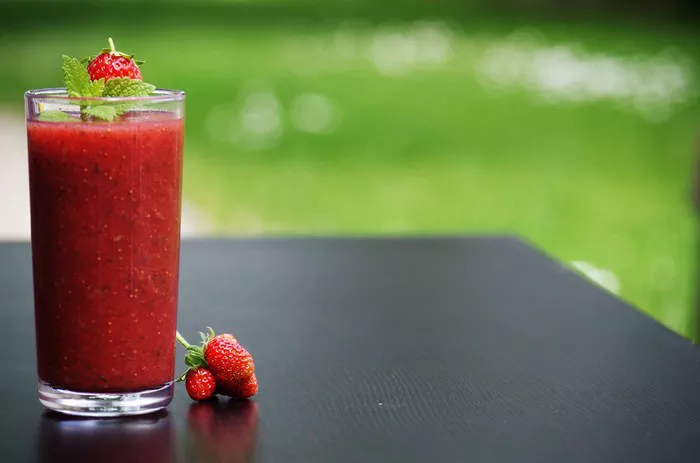A recent study has revealed remarkable advancements in the reduction of food waste within the United States, with Pacific Coast grocery stores leading the charge in this endeavor.
According to research conducted by ReFED’s Pacific Coast Collaborative, the quantity of unsold food in the region decreased by a noteworthy 25% between 2019 and 2022. This reduction translates to approximately 190,000 tons of food, valued at $311 million.
The study underscores the potential magnitude of food waste that has been averted. Furthermore, it offers promising insights into the disposition of this surplus food. Over the span of four years, there has been a 20% increase in food donations and a 28% rise in composting efforts.
The surge in food donations is particularly encouraging amidst a backdrop of heightened reliance on food banks, with Feeding America reporting that around 49 million individuals, or one in six Americans, sought assistance from its network in 2022.
In addition to its societal benefits, the reduction of food waste also yields tangible environmental advantages. The Pacific Coast Collaborative’s analysis reveals a 30% decrease in carbon dioxide emissions associated with the production, distribution, and storage of food since 2019 — a reduction equivalent to removing 619,000 cars from the road for a year.
Moreover, the study calculates that the reduction in unsold food has resulted in substantial water savings, amounting to 141 billion gallons, or enough to fill 214,000 Olympic-sized swimming pools.
However, despite these strides, there remains ample room for improvement. The report indicates an increase in the amount of food directed to landfills since 2019, albeit with a downward trend observed in 2022.
Food deposited in landfills undergoes anaerobic decomposition, releasing methane—a potent greenhouse gas. Currently, approximately 38% of food in the US is either unsold or uneaten, resulting in 88.7 tons of wasted food in 2022 alone, as per ReFED’s findings.
Efforts to address this issue are underway, with organizations such as Do Good Foods actively facilitating the donation of unsold food or its conversion into animal feed.
ReFED emphasizes the significance of collaboration among food businesses, citing the success of the Pacific Coast community as a model for emulation nationwide. Alex Nichols-Vinueza, program manager at World Wildlife Fund, views this achievement as a blueprint for success and underscores the importance of sharing best practices among industry stakeholders.
Dana Gunders, executive director at ReFED, lauds the unprecedented progress in reducing food waste, expressing optimism regarding the feasibility of the national goal to halve food waste by 2030. She asserts that the findings of the study indicate that this goal may indeed be attainable.

























